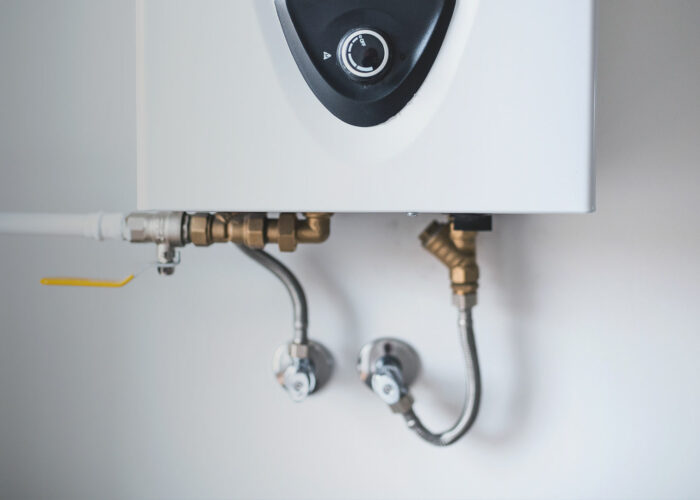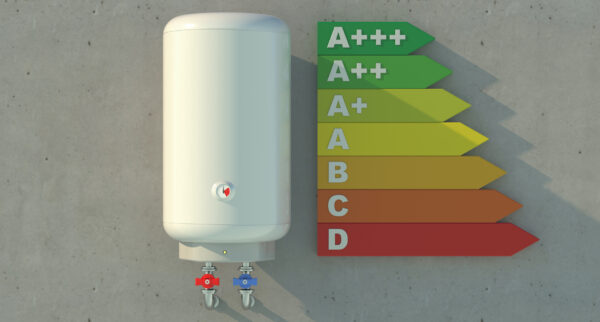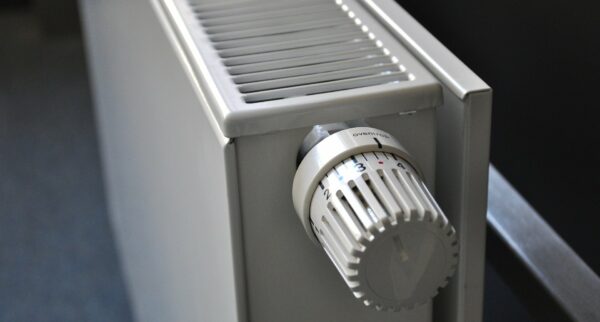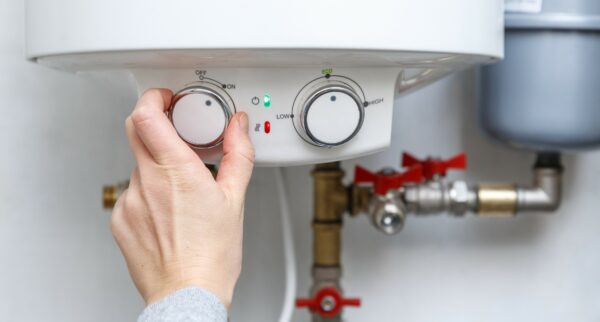Call us today 0207 32 32 999
Written By: JustBoilers.com Experts | Last Updated: September 2022
Practically everyone owns a boiler, yet many people don’t really understand how they work. Boilers moderate central heating systems using water and the pressure must be just right in order for them to function appropriately. Keeping the pressure at an optimal level is both energy-efficient and cost-effective.
However, sometimes the pressure will rise above this optimal level, causing unwanted issues. Whether you’ve encountered an error such as ‘boiler pressure low’ or you need to know how to release pressure from your boiler, we’re here to help.
Our experts have provided a brief guide on what to do if you see low boiler pressure messages or error codes flash up on your system, to show you how you can fix common problems relating to low pressure in your boiler.
The following article explains how to reduce boiler pressure back to normal when such incidents occur.
Table of Contents
ToggleWhat is Boiler Pressure?
In the simplest terms, boiler pressure refers to the balance between water and air in your central heating system. This is not to be confused with the water pressure related to running tap water.
For your boiler to work as intended, the boiler pressure must be at an optimal level, meaning not too low but at the same time not too high. Low-pressure boilers could prevent your central heating system from working by completely cutting it off.
On the other hand, high boiler pressure overloads your system and causes it to fail.
What is the Optimum Boiler Pressure?
Whilst there’s no definitive answer, most boilers will perform between 1 and 2 bar. This equates to between 14 and 30 pounds per square inch (PSI). Your boiler will have a pressure gauge that shows this figure on the control panel – usually marking the pressure out of a maximum of 4 bars.
If you need further assistance or confirmation of this, refer to your boiler’s user manual.
What Causes High Boiler Pressure?
High boiler pressure can have a variety of causes. But before getting into those, it’s important to note that your boiler pressure will naturally rise whenever your heating or hot water is in use. This will cause a spike in the reading but there’s no need to panic because it’s normal.
That being said, it shouldn’t rise above 2.5 bar. If it continuously stays between 2.5 and 4 bar, you may have a problem, and you may well need to release pressure from the boiler.
One of the most common causes of high boiler pressure is an excessive amount of water in the system. This usually occurs after adjusting the boiler pressure from a very low level. It may be the case that the valve or filling loop used to pump water into your boiler was mistakenly left open. This is normally located at the bottom of your boiler. You’ll need to check that it is tightly closed.
Faulty parts, such as a leaky valve, can also cause high boiler pressure, so it might not just be a simple case of learning to release pressure from the boiler to fix the issue.
If you’re struggling to identify the cause, call your warranty provider to send a qualified gas engineer out for an inspection. You’ll soon find out what’s causing your high boiler pressure problems.
How to Lower Pressure on Boiler
Thankfully, lowering your boiler pressure is fairly straightforward. You’ll just need to bleed your radiators. This reduces the pressure in your central heating system, which consequently reduces boiler pressure.
First, you’ll need a radiator key, which you can purchase from your local hardware store if you don’t already own one. Before bleeding the radiator, make sure that the boiler is cold. It’s a safety measure that ensures you don’t get burnt by scorching hot water.
From there, locate the release valve on your radiator, which is usually found on the top of the unit. Then using your radiator key, turn the valve to slowly release air from the radiator. Water will also start to leak from the unit, so it’s important to have a small container and a cloth or towel nearby to prevent a wet floor.
When you’re sure that you’ve successfully completed the bleeding process and there is no more air or liquid being discharged from the radiator you will notice that your boiler pressure will start to reduce back to normal.
Bleeding My Radiator Didn’t Work, What Now?
If bleeding your radiator didn’t work, there may well be another issue at play. You could have a problem with either your pressure gauge or another internal component, such as the expansion vessel for example.
Tasks like these should be left to a qualified engineer to ensure the job is carried out correctly. So your next step will be to head over to the Gas Safe Register. This is an official register of all verified engineers in the UK, Isle of Man and Guernsey, who can legally carry out gas work. A quick browse of the site will help you to easily find a qualified engineer in London.
It is of paramount importance that you do not attempt to carry out any maintenance work on your boiler without the help of a professional. You won’t be covered by your warranty and you’ll risk jeopardising your own safety. It’s also illegal to use any gas appliance that is thought to be unsafe.
How to Reduce Pressure in Boiler
As you can see, reducing boiler pressure isn’t as complicated as it seems if you know the basics.
Understand how to reduce boiler pressure using the following steps:
- Check your control panel: If it stays above 2.5 bar, you have an issue with high boiler pressure. Over time, this could contribute to a complete boiler failure.
- Check that the boiler valve or filling loop is tightly sealed: This is a common cause of high boiler pressure.
- Bleed your radiator to reduce the pressure: This should be reduced back to its optimal level for normal performance.
If this doesn’t work, enlist the help of a Gas Safe Registered engineer. They will identify the root cause and reduce boiler pressure safely and correctly.
Whether you have questions on how to release pressure from your boiler, you’ve encountered a low-pressure boiler problem or your boiler is displaying low pressure-related error messages, we’re here to help.
Conclusion
Now you have the tools to rectify high boiler pressure from the experts.
At JustBoilers.com, our team of experts can assist you on how to reduce boiler pressure with ease. We can ensure your home or business is heated efficiently. Find out more reasons on how to depressurise a boiler
Get in touch for all the information you need on how to reduce or elevate your boiler pressure, to make sure your system is always in peak condition.
Additional Information
Combi Boiler Pressure Keeps Rising: Steps To A More Efficient Boiler





